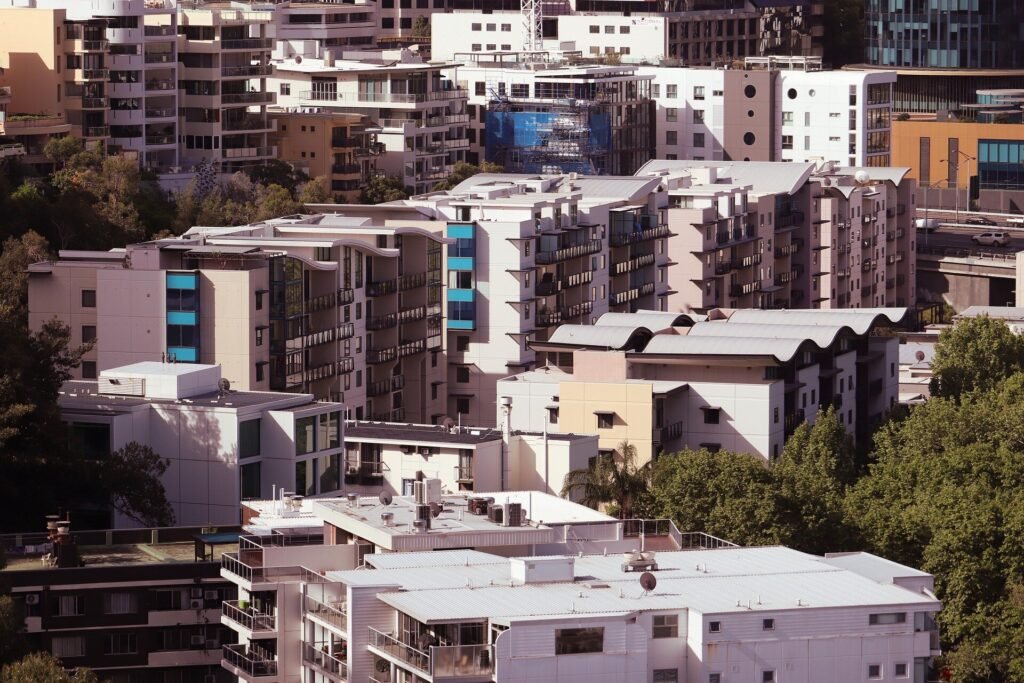People living with HIV face challenges when it comes to receiving cancer treatment, especially if they reside in communities with lower income levels and educational attainment. A recent national study conducted by researchers from Moffitt Cancer Center sheds light on this issue.
The study, published in Cancer, analyzed cancer treatment records of over 31,000 adults with HIV who were diagnosed with common cancers between 2004 and 2020. Shockingly, 16.5% of these individuals did not receive the recommended first-line curative treatment for their cancer. The study found a strong correlation between the lack of treatment and the socioeconomic status of the patients’ communities.
Lead author of the study, Jessica Islam, Ph.D., emphasized the critical role that community income and education levels play in determining access to cancer care. The study revealed that patients living in areas with lower education levels were 27% less likely to receive curative cancer treatment compared to those in higher education areas. Similarly, individuals in lower income communities faced a 27% decrease in receiving treatment, even after adjusting for various factors like age, sex, cancer type, and treatment facility.
Most patients in the study were male, aged 60 or older, and from the Southern U.S. The most commonly diagnosed cancers were lung cancer, lymphoma, colorectal cancer, and prostate cancer. Co-author of the study, Amir Alishahi Tabriz, M.D., Ph.D., highlighted that structural factors, rather than individual health complexities, may be driving these disparities in cancer care for people with HIV.
The findings underscore the necessity for policies and interventions at the community level to address social determinants of health, such as access to education and economic opportunities. Ensuring equitable cancer care for all patients, regardless of their HIV status, requires a holistic approach that tackles the root causes of disparities in healthcare access.
This study by Moffitt Cancer Center serves as a call to action for healthcare providers, policymakers, and community leaders to work together in bridging the gap in cancer care for marginalized populations. By addressing structural inequities and promoting health equity, we can strive towards a future where every patient receives the life-saving treatment they deserve.


